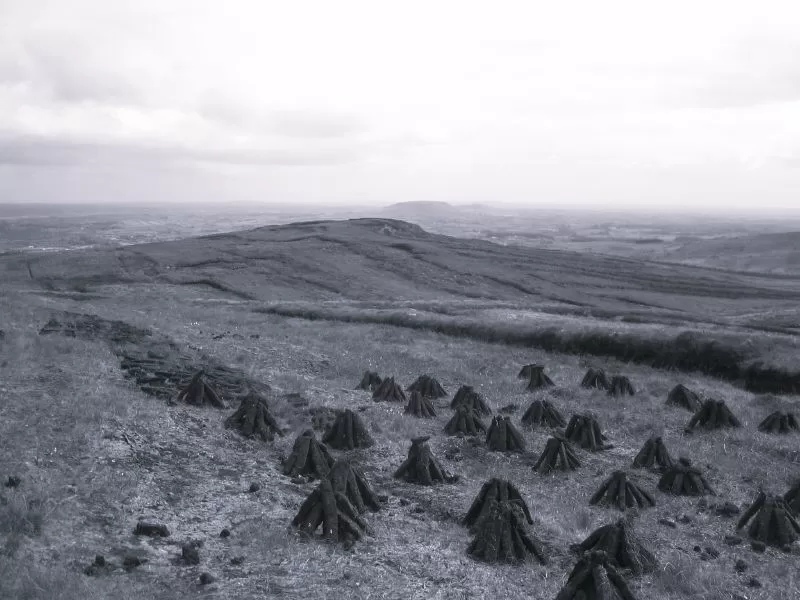We set out on the seven-mile journey from No. 56 to Knockdrin at 7.30 in the morning. The sun had barely risen, the sky fading from dawn charcoal into morning grey. The chilly air and the dripping dew encouraged us to move smartly. This time he let me tag along, the older brother. I was twelve, an extra pair of hands and a puffed-out chest. I was proud to be asked to work the bog, especially with Liam. I’d come…...

